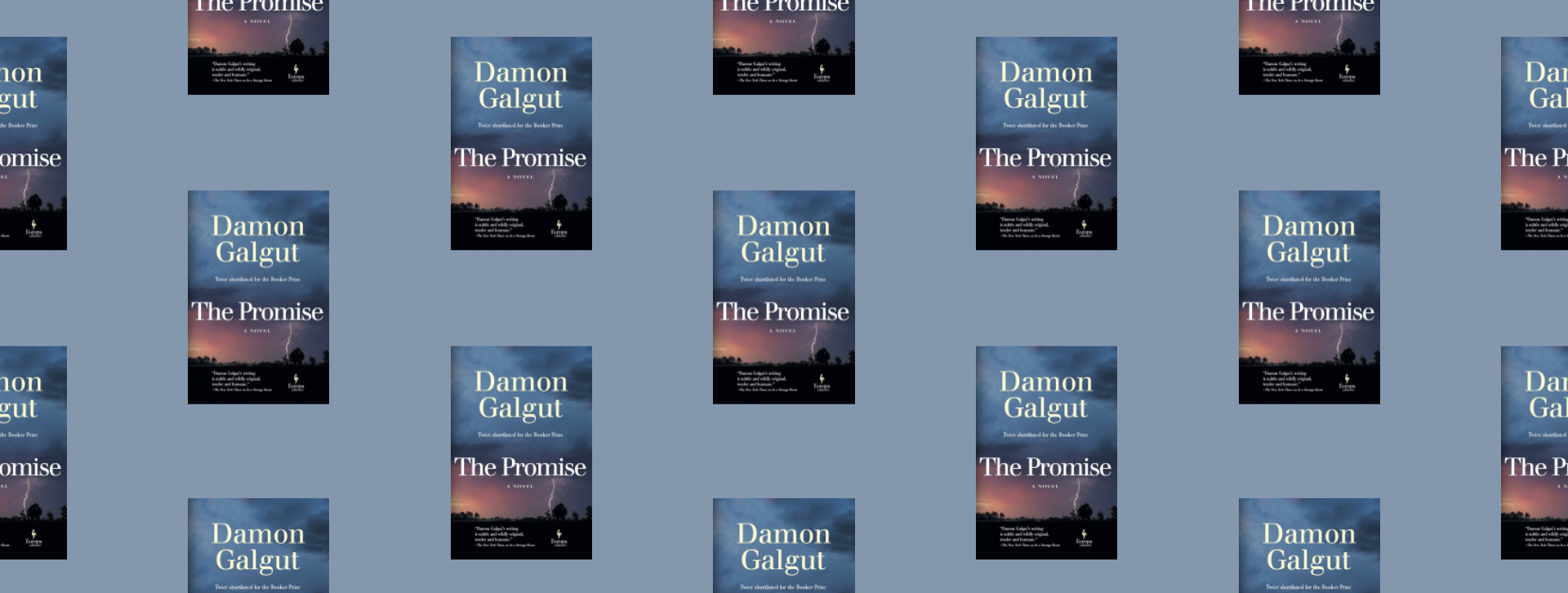A Spell of Good Things
A Spell of Good Things was longlisted for the 2023 Booker Prize. I think it does what it sets out to do effectively. Unfortunately, I just didn’t personally jive with the book. But you might!
The Stone Virgins
The Stone Virgins is a technically challenging and emotionally difficult read, but there’s no denying that it’s also an incredible work of fiction. While I struggled with it, I was also so impressed.
The Bread the Devil Knead
The Bread the Devil Knead is a well-written but very heavy novel about cycles of generational trauma and childhood and domestic abuse. I appreciated it and respect it, but I can’t quite say I enjoyed it.
The Promise
I’m really glad I read The Promise, which brings South Africa from the end of Apartheid to the present day to life on the page, vividly and impressively. Damon Galgut is obviously a masterful writer.
This Mournable Body (Nervous Conditions, #3)
This Mournable Body is a poignant finish to Tsitsi Dangarembga’s Nervous Conditions books. It’s a searing look at colonialism with a narrator I feel I could reach out and touch.
Nervous Conditions (Nervous Conditions, #1)
Nervous Conditions is a feminist postcolonial novel set in what’s now Zimbabwe. It reads like the classic it is, but with a sharp voice and unforgettable main character.







